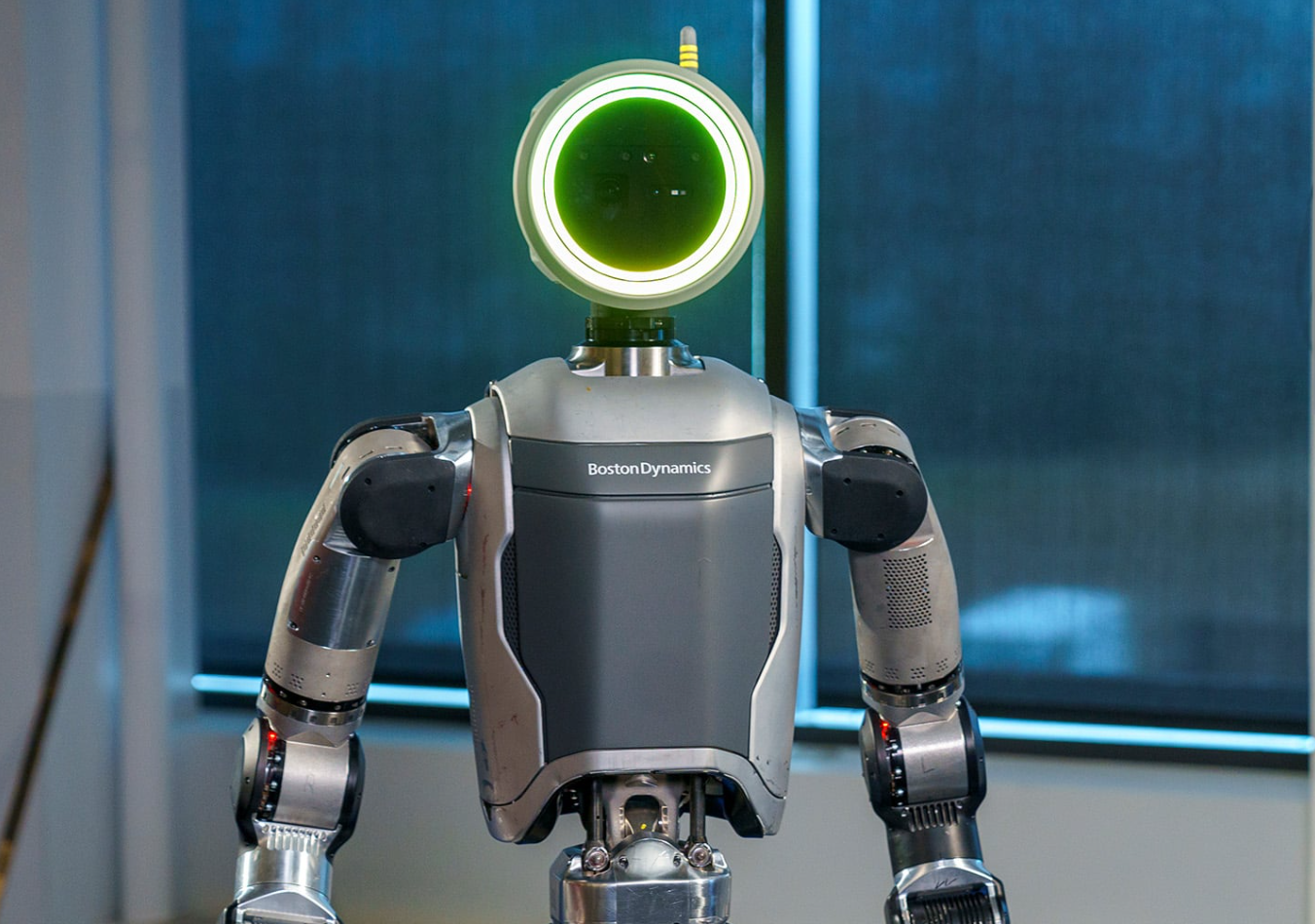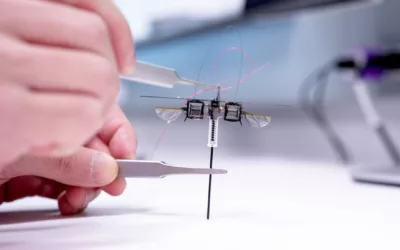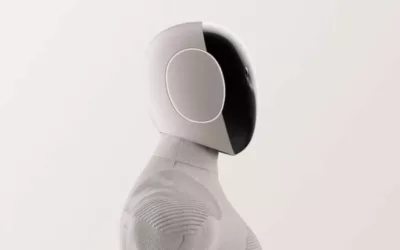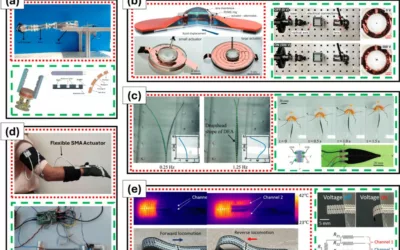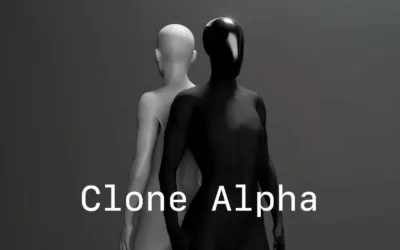Boston Dynamics has announced a strategic partnership with Toyota Research Institute (TRI) to accelerate advancements in robotics. This collaboration focuses on integrating Boston Dynamics’ state-of-the-art humanoid robot Atlas with TRI’s AI-powered Large Behavior Models, enabling breakthroughs in whole-body manipulation and human-robot interaction.
The partnership seeks to overcome key challenges in dexterous manipulation and improve safety protocols, paving the way for robots to assist in complex tasks, from manufacturing to elder care.
Robotics Collaboration for Real-World Applications
Boston Dynamics’ partnership with TRI will reportedly leverage cutting-edge research to enhance robotic performance in real-world environments. TRI brings advanced AI systems designed to handle complex, adaptive tasks, while Boston Dynamics’ expertise in robust hardware, especially with its Atlas humanoid, sets the stage for significant innovation.
A Leap Towards General-Purpose Robots
A core focus of the collaboration is creating general-purpose robots capable of interacting seamlessly with humans and their environments. These robots will have applications in industries such as construction, logistics, and healthcare, particularly addressing tasks that require precision and autonomy.
TRI’s AI models, focused on behavioral learning, aim to complement Boston Dynamics’ focus on physical control. This will enhance robots’ ability to perform sophisticated actions, such as lifting or interacting with delicate objects, thereby bringing us closer to the dream of robots as everyday helpers.
Industry Implications
The partnership is likely to influence the robotics industry by setting a new standard for humanoid robots. With Boston Dynamics’ renowned innovation in mobility and TRI’s AI prowess, this collaboration could lead to the development of robots that safely and efficiently collaborate with humans across multiple domains. This move could also push the boundaries of what robots can achieve in autonomous environments.

